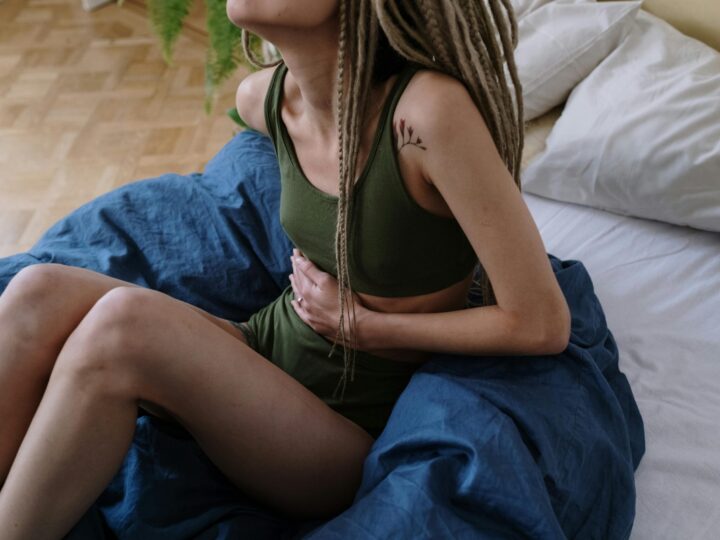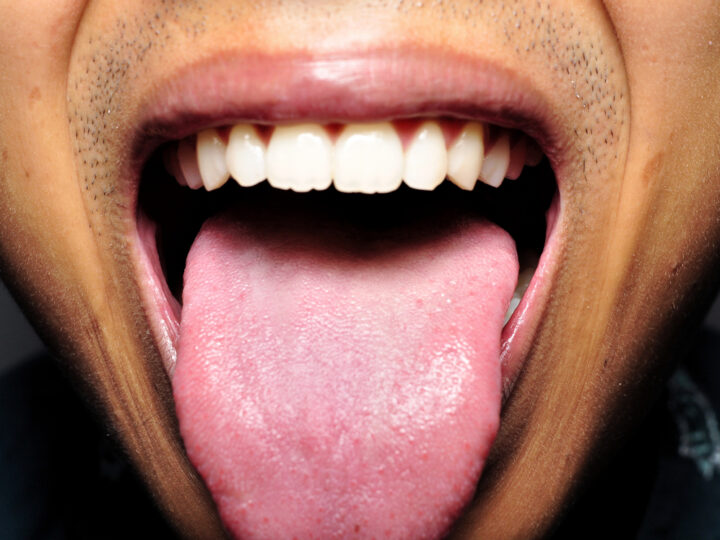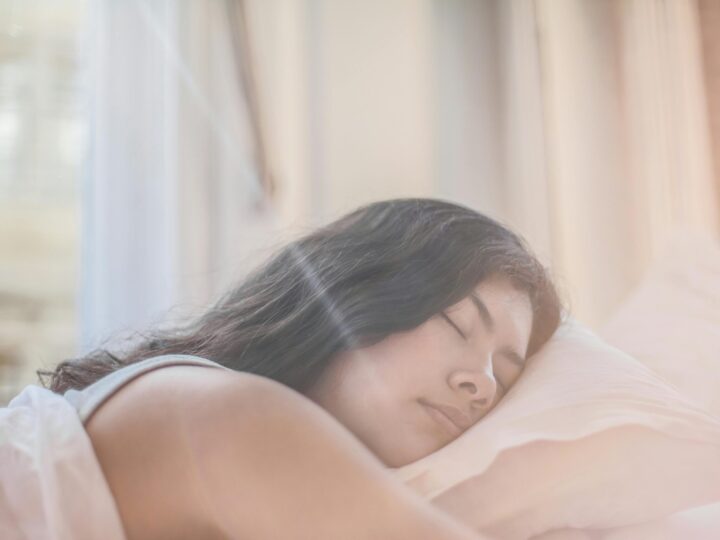BACK PAIN RELIEF
With TCM

Chronic back pain is a common and debilitating condition that affects the lives of millions of people worldwide. Many individuals resort to harsh medications for temporary relief, often accompanied by side effects. Eastern Medicine, especially Traditional Chinese Medicine (TCM), offers a holistic approach to understanding and treating back pain. By identifying the different types of back pain and their root causes, Eastern Medicine provides targeted solutions that address both symptoms and the root within the body. In this blog, we will explore specific acupuncture points for each type of back pain and herbal remedies, empowering individuals to find lasting relief and lead happier, healthier lives.
Types of Back Pain
- Muscular Back Pain: Characterized by muscle tension, spasms, or knots, often resulting from poor posture, overuse, or physical strain.
- Structural Back Pain: Caused by issues with the spine, such as herniated discs, degenerative disc disease, or spinal misalignment.
- Sciatica: Arises from the compression or irritation of the sciatic nerve, leading to radiating pain down the leg.
Acupuncture Points and Herbal Remedies For Back Pain
Muscular Back Pain
Acupuncture Points:

- BL23 (Shenshu): Located on the lower back, this point strengthens the Kidneys and nourishes the lower back region, relieving muscle tension.
- BL40 (Weizhong): Situated in the middle of the back of the knee, this point helps release muscle spasms and improve circulation.
- GB34 (Yanglingquan): Located on the outer leg, this point promotes the smooth flow of Qi and Blood, reducing muscle knots and inflammation.
Herbal Remedies:
- Ai Ye (Artemisia argyi): A warming herb that helps dispel Cold and alleviate pain, often used in topical liniments, warm packs or in clinic
- Chuan Xiong (Ligusticum chuanxiong): Known for its ability to promote Blood circulation and relieve pain, frequently used in liniments and herbal plasters.
Structural Back Pain
Acupuncture Points:
- BL40 (Weizhong): This point is effective for promoting the flow of Qi and Blood, relieving pain related to structural issues.
- Du4 (Mingmen): Situated in the lower back, this point tonifies the Kidneys and supports the spine’s structural integrity.
- BL60 (Kunlun): Located in the ankle region, this point helps ease lower back pain and discomfort.
Herbal Remedies:
- Du Huo Ji Sheng Tang (Pubescent Angelica and Sangjisheng Decoction): This classic herbal formula contains Du Huo (Angelica pubescens) and Sang Ji Sheng (Loranthus parasiticus), which strengthen the bones and tendons, promoting structural stability.
Sciatica
Acupuncture Points:
 BL40 (Weizhong): Once again, this point is essential for promoting Qi and Blood circulation, reducing sciatic nerve irritation.
BL40 (Weizhong): Once again, this point is essential for promoting Qi and Blood circulation, reducing sciatic nerve irritation.- BL23 (Shenshu): As the Kidneys are related to the lower back and the sciatic nerve, this point helps address both areas.
- GB30 (Huantiao): Located on the hip, this point is known for its ability to relieve sciatic pain and leg discomfort.
Herbal Remedies:
- Juan Bi Tang (Remove Painful Obstruction Decoction): This formula features various herbs like Qin Jiao (Gentiana macrophylla) and Fang Feng (Saposhnikovia divaricata) to dispel Wind, Dampness, and Cold, addressing sciatic pain. This is for a person who has an underlying weakness, useful for joint pain or sore muscles and used or more acute pain.
Traditional Chinese Medicine provides tailored solutions for chronic back pain through acupuncture and herbal remedies. By targeting specific acupuncture points, practitioners can promote the free flow of Qi and Blood, reduce muscle tension, and address underlying imbalances unique to an individual. Herbal remedies carefully selected for each condition, help alleviate pain, inflammation, and discomfort while supporting the body’s natural healing process. Embracing Eastern Medicine offers individuals a holistic and effective path to lasting relief, enabling them to lead happier, healthier lives free from harsh medications. For personalized guidance and support, it is essential to consult a qualified TCM practitioner who can design a customized treatment plan to address individual needs and restore vitality and well-being.
Newer
The Ancient Wonder: Reishi - A Comprehensive Exploration of Its Uses in Traditional Medicine
Older
Embracing Inner Beauty: Traditional Chinese Medicine for Cosmetic Dermatology
Comments (0)
Leave a reply
You must be logged in to post a comment.




